Of all the business sectors where you’ll find challenger brands (and that’s all of them), few are more fascinating or more populated with underdogs than the airline industry. Prior to the deregulation of the airline industry in 1978, only “10 major groups controlled 90 percent of the market with eight smaller, regional firms operating the majority of the other services.” Since that time, hundreds of airlines have been started, including more than 90 just last year. But where there’s growth, there’s also retraction. Growing up, we saw major carriers like PanAm, Braniff, TWA, and Eastern go out of business. Thanks in large part to COVID, in 2020 alone, more than 40 airlines went out of business or suspended operation.
Competing in the airline industry is not for the faint of heart. As Richard Branson, the founder of Virgin, once quipped, “if you want to be a millionaire, start with a billion dollars and launch a new airline.” Aviation has clearly had some spectacular failures. But there have also been some outright Master Classes in how to succeed as a challenger brand.
Three routes and a pack of peanuts.
Regardless of category, Southwest Airlines is without a doubt one of our favorite challenger brands of all time. There have whole books written on the history of Southwest and legendary founder Herb Kelleher who famously drew out Southwest’s “Texas Triangle” business plan on the back of a cocktail napkin. But what makes the airline a challenger brand stalwart is that in the 55 years since its founding, the brand has never ceased operating like an underdog.
Southwest started out to be the best, most efficient airline in Texas (much to the chagrin of other 1970s carriers flying in Texas who took Southwest to the Texas Supreme Court to keep them from flying). In the six decades since, they have never lost their focus on being the best at taking care of their passengers and their people.
When others zig, Southwest zags. Cheap fares. No bag fees or assigned seats. Advertising you actually look forward to seeing. Even their pre-flight announcements are entertaining.







